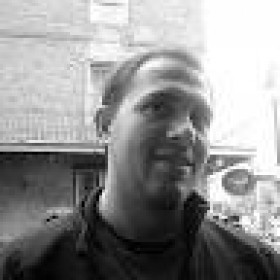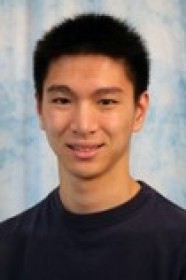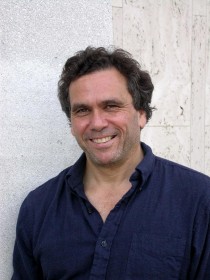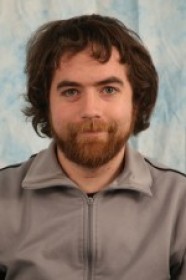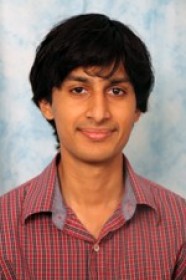University of Michigan’s Work Toward Autonomous Cars
Event Location: GHC 6115Bio: Ryan M. Eustice is an Associate Professor in the Department of Naval Architecture and Marine Engineering at the University of Michigan where he additionally holds joint appointments in the Department of Electrical Engineering and Computer Science, and the Department of Mechanical Engineering. He is the Director of the Perceptual Robotics Laboratory [...]
Unsupervised Deep Feature Learning from Video
Event Location: NSH 1507Bio: Ross Goroshin has recently obtained his PhD under Yann LeCun from the Department of Computer Science at New York University's Courant Institute. He received a masters in Electrical & Computer Engineering from Georgia Tech and his bachelors in Electrical Engineering from Concordia University in Montreal, Canada. Abstract: Many recent empirical successes [...]
Opportunities Building Visual Technology & Computer Vision Startups
Event Location: GHC 6115Bio: Evan Nisselson invests in early stage companies via LDV Capital with a focus in: Visual Technologies from “Capture to Smile.” He is a serial entrepreneur and digital media expert of over 20 years. He organizing the LDV Vision Summit and LDV Community dinners. He mentors at Seedcamp, 500 Startups, and Founders [...]
Route Determination for Planetary Rovers
Event Location: GHC 2109Bio: Eugene Fang is a M.S. student in the Robotics Institute advised by William “Red” Whittaker. He received a B.S. in Electrical Engineering and Computer Sciences from the University of California, Berkeley in 2014. His current research focuses on route determination for planetary rovers.Abstract: One of the primary challenges of planetary rover [...]
Painting the way to the moon – using chaos for solar system travel
Event Location: NSH 1305Bio: Ed Belbruno is both an astrophysicist and artist. He is a recognized painter, with a recent exhibition at Lincoln Center and a painting in NASA's executive collection in Washington. Ed is affiliated with Princeton University. He received his doctorate in mathematics in 1980 from the Courant Institute of New York University. [...]
CANCELED Optimizing Algorithms at the Level of Geometry
Event Location: NSH 1305Bio: Keenan Crane is a new Assistant Professor in the Robotics Institute and Computer Science Department at CMU. He recently finished an NSF Mathematical Sciences Postdoctoral Fellowship at Columbia University. He received a B.S. from the University of Illinois at Urbana-Champaign in 2006, and a Ph.D. from the California Institute of Technology [...]
Design in context: bringing the physical world into CAD tools
Event Location: NSH 1507Bio: Ryan Schmidt is a Research Scientist and head of the Design & Fabrication Group at Autodesk Research in Toronto, Canada. He is the creator of several novel 3D design tools, including Meshmixer, which was acquired by Autodesk in 2011. At Autodesk he has evolved Meshmixer into one of the standard tools [...]
Low-Cost Fine Particulate Monitors and their Applications
Event Location: NSH 3305Abstract: Air quality has long been a major health concern for citizens around the world, and increased levels of exposure to fine particulate matter (PM2.5) has been definitively linked to serious health effects such as cardiovascular disease, respiratory illness, and increased mortality. PM2.5 is one of six attainment criteria pollutants used by [...]
Active Illumination for the Real World
Event Location: GHC 4405Abstract: Active illumination systems use a controllable light source and a light sensor to measure properties of a scene. For such a system to work reliably it must be able to handle the effects of global light transport, bright ambient light, defocus and scene motion. The goal of this thesis is to [...]

